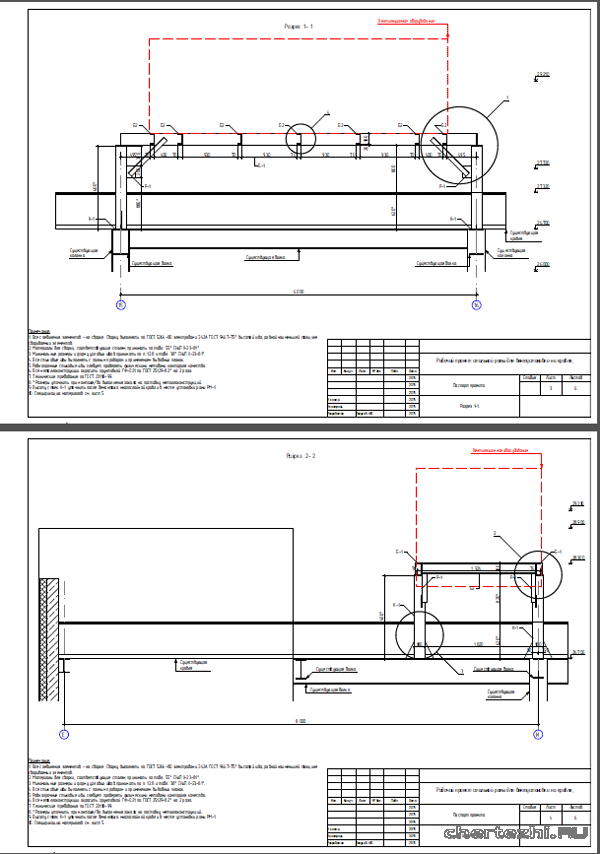
Chertezh Angara Iz Metallokonstrukcij
The Department of Sociology and Migration Research Center at Koc University (MiReKoc) are pleased to announce the seminar by Lisa Schuster from City, University of London on ‘Goal Displacement: Migration Policy-Making in and About Afghanistan’. 00873, chertezh_angara_iz_metallokonstruktsii_skachat, vvrf,.
The Mediterranean has become the world’s most deadly crossing point for migrants. In 2015, there were 856,732 recorded arrivals in Greece as well as an estimated total of more than 6,600 missing persons or deaths in the Central and Eastern Mediterranean routes in 2015 and first half of 2016.1 The aim of this briefing paper is to assess how Greece responded to this influx, and identify lessons for addressing situations of large scale refugee movement at a European and global level. Based on research and fieldwork in Greece, mainly in Athens and Lesbos, this paper focuses on the critical period October 2015-May 2016 which saw high flows of asylum seekers into Greece and which predates the EU-Turkey deal agreed in March 2016.
The paper focuses on the ways in which the Greek government and EU struggled to address the crisis during that period, outlining the challenges of implementing sustainable solutions and efficient policies given obstacles at national and European level. In particular, it focuses on the island of Lesbos, the main entry point of refugees from Turkey to Greece particularly on the island’s reception capacity. The findings highlight the need for a more effective common asylum system in the EU that includes adequate support and assistance to frontline states, and makes some suggestions for preventing future crises in situations of large-scale arrivals. This is the first part in a series of five MiReKoc Forced Migration Resource Center Special Working Paper Series: Bibliographies on Syrian Refugees in Turkey. The working papers, which will be published every four months, aim to compile resources that examine the status of Syrian refugees in Turkey in five critical policy areas: (1) health, (2) education, (3) labor market (4) shelter and (5) social inclusion.
They will draw on scholarly literature, publications of nongovernmental organizations and international organizations, and legislative documents defining the framework of the relevant policy field concerning refugees. Each working paper will be composed of a list of available studies that aim to answer at least one of the following questions: 1) What is the legal framework surrounding refugees access to this policy area? Akt priema peredachi tovara obrazec v kazahstane. 2) What are circumstances/conditions of Syrian refugees in this policy area? 3) What is the impact of the presence of Syrian refugees on this policy area?